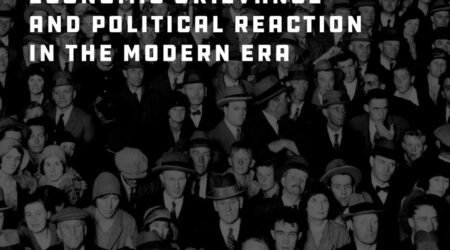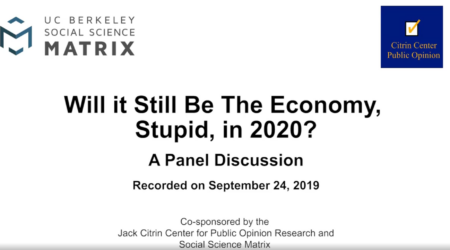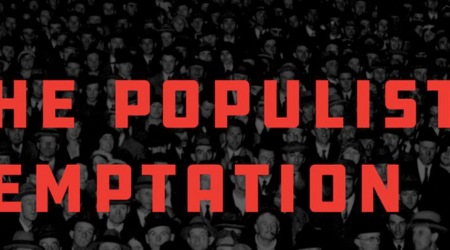The end of October 2019 marks the deadline for Brexit (“British Exit”), when the United Kingdom is scheduled to leave the European Union. Following a revolt from within his own party, Prime Minister Boris Johnson has failed in his efforts to move ahead without a “backstop” and called a General Election for December 12. What’s next for Brexit? And how might Brexit transform political and economic life in the United Kingdom, Europe, and the world?
On October 24, three distinguished scholars—Mark Bevir, Professor of Political Science and Director of the Center for British Studies, Akasemi Newsome, Associate Director of the Institute of European Studies, and Ian Duncan, Florence Green Bixby Chair in the English Department—took on this important topic as part of “Matrix On Point,” a new brown-bag series that promotes focused, cross-disciplinary conversations on today’s most pressing contemporary issues.
In her opening remarks Akasemi Newsome stressed the importance of maintaining a “longitudinal perspective” on Brexit,” and noted we should “step away from the minute-to-minute development of Brexit and consider the fact that Brexit has implications that will be unfolding for several years, and that will involve nation-states not only confined to the UK, but other other member states of the EU, other countries around Europe and around the world.”
“Brexit is a process,” Newsome said. “It is not any single event. It is not the referendum of June 23, 2016. It’s not the two-year time frame that comes into place with the invocation of Article 50 calling for the withdrawal of a member state from the European Union. And it’s not a single deal—it’s not Theresa May’s withdrawal agreement, and it’s certainly not only confined to Boris Johnson’s withdrawal agreement. Rather, it’s a series of overlapping processes and debates that are taking place involving multiple actors in Britain, in the EU, the rest of Europe, and the world.”
In his comments, Mark Bevir noted that what will happen next is highly unpredictable, but that the long-term impacts may be less significant than many think. “What will happen next? My best guess is something like [Boris Johnson’s] deal will actually pass with or without a general election,” he said. “What will be the impact on the UK? In general, if you’re talking about society and the economy, as opposed to politics, I would like to suggest that the impact on the UK will be minimal. It really won’t make a huge deal of difference.”
Drawing on his expertise, English scholar Ian Duncan considered Brexit in terms of literary elements. “From the point of view of character, like many, I’ve been marveling at the fecklessness and mendacity and chicanery of the principal political actors in this ongoing story—the surge of what should be bit players in national life,” Duncan said.
Describing the “narrative form” of Brexit, he pointed out the “strange discrepancy between historical scales of what seems to be unfolding…macroscopically, on the stage of world history, and the durational scale of national history. We seem to have grand narratives unfolding, as opposed to the absolutely baffling intricacies and contingent developments of what’s happening on the day-to-day, hour-to-hour unfolding of procedure.”
Watch the video above (or on YouTube) to hear the full discussion, as well as the audience Q&A.


